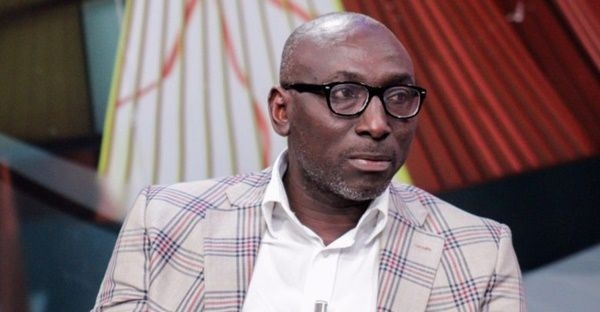Published
5 months agoon
By
Adubianews
Debate over the role of the Ghana Bar Association (GBA) has intensified after Abraham Amaliba, Managing Director of the National Road Safety Authority (NRSA), questioned whether the professional body still has a place in Ghana’s democratic system.
His criticism comes on the heels of remarks by Attorney General and Minister for Justice, Dr. Dominic Ayine, who accused the GBA of tilting toward partisan politics rather than defending the principles of constitutionalism and the rule of law.
Speaking at the Association’s annual conference in Wa on September 15, Dr. Ayine argued that the GBA’s actions undermine its own credibility. The Association swiftly rejected his claims.
But Mr. Amaliba, in an interview with Joy News, openly supported Dr. Ayine’s position. “The GBA, I must say, has lost its relevance. The Bar was relevant during the revolution days when it spoke against the ills in our society. But with the advent of the 1992 Constitution and our current democratic dispensation, the Bar has lost its focus,” he stated.
The NRSA boss further accused the GBA of political bias, insisting it operates as if it were aligned with the governing New Patriotic Party (NPP). “For me, the Bar behaves as though it is an appendage or the legal wing of the NPP,” he alleged.
Responding to the GBA’s defense that its interventions only sought to clarify constitutional provisions, particularly Article 146 on the removal of public officers, Mr. Amaliba dismissed the explanation.
He recalled that similar removals had occurred in the past without the Bar raising objections. “If it were about rules, Justice Terry was removed under Article 146 during Chief Justice Georgina Wood’s era, and I can mention others. If it were truly about rules, the Bar would have spoken then. They are hiding behind rules,” he argued.
The clash of opinions has reignited national conversation about the GBA’s independence, its relevance in contemporary governance, and whether the Association is still fulfilling its mandate in safeguarding Ghana’s constitutional order.

























